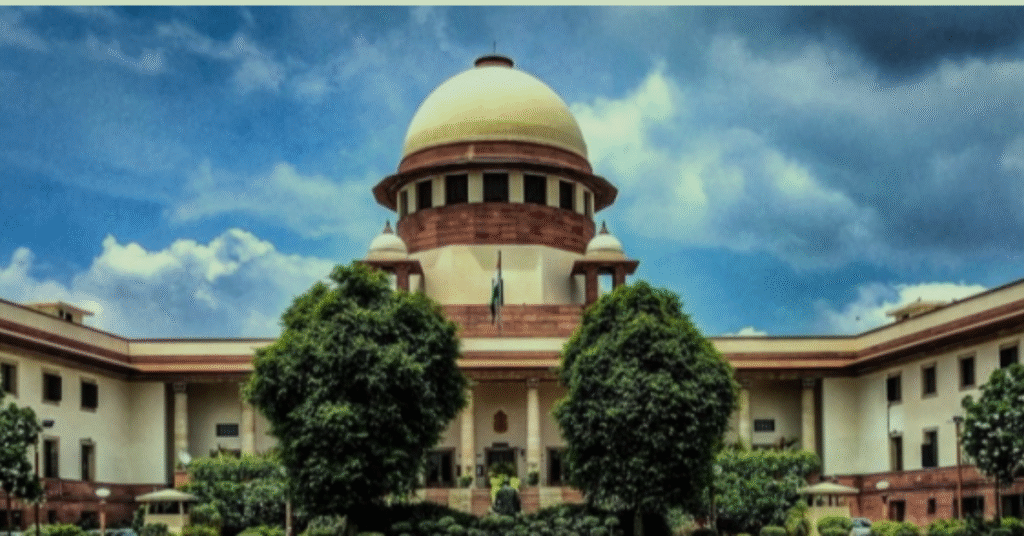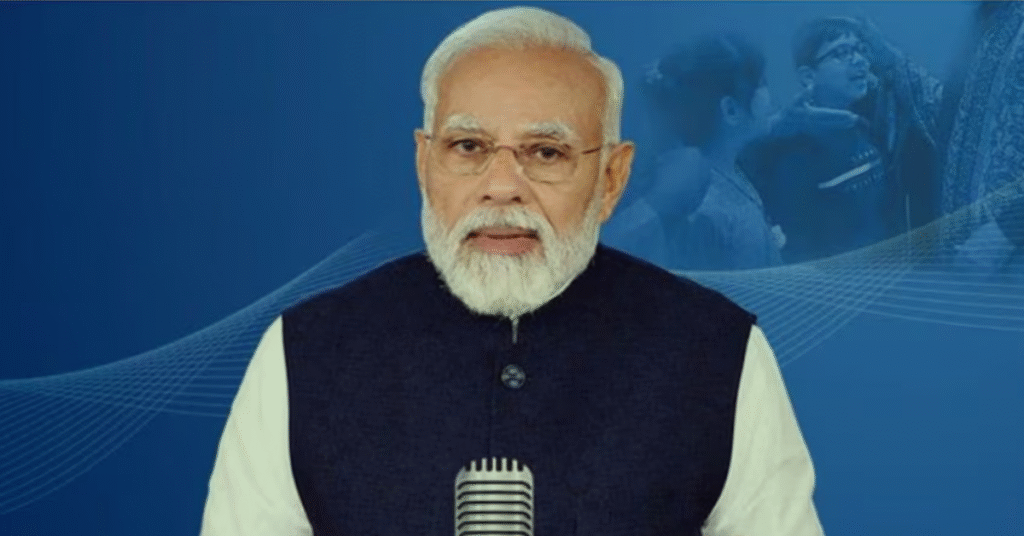
The meeting comes a day before the PM-led Cabinet Committee on Security, the government’s highest decision making body on national security, is to meet for a second time in seven days. full operational freedom our army.
In a significant development on India’s national security front, the Cabinet Committee on Security (CCS), the apex decision-making body for all defense and strategic affairs, is set to convene for the second time in just seven days. This rare back-to-back meeting schedule underscores the urgency and gravity of ongoing national and international issues.
The meeting comes a day after a high-level preparatory meeting, indicating tight coordination within the upper echelons of the government. With the Prime Minister at the helm, the CCS meeting is expected to deliberate on some of the most pressing security challenges facing the nation today.
What Is the Cabinet Committee on Security?
The Cabinet Committee on Security is the highest-level policy-making body in India that deals with national security, defense policy, and matters concerning internal and external threats. It is chaired by the Prime Minister and includes key ministers such as:
- The Minister of Defence
- The Minister of Home Affairs
- The Minister of External Affairs
- The Minister of Finance
Its role includes decisions on defense acquisitions, responses to external threats, internal security strategy, and intelligence oversight.
Why Two Meetings in One Week?
The decision to hold a second meeting within a week signals a rapidly evolving security situation. While the government has yet to release official details, sources suggest that the discussions are likely centered around:
- Border tensions with neighboring countries
- Recent terror-related intelligence inputs
- Cybersecurity threats
- Geopolitical instability in the Indo-Pacific region
The first meeting reportedly assessed recent intelligence updates and reviewed operational readiness of the armed forces, while the upcoming session may delve into strategic responses and international coordination.
Top Agendas Likely on the Table
- Border Security and Tensions India has long faced complex border issues, especially with its northern and western neighbors. Ongoing tensions along the Line of Actual Control (LAC) and the Line of Control (LoC) could be high on the agenda, especially in the light of recent movements and skirmishes.
- Terror Threats and Intelligence Reports There are unconfirmed reports of renewed terror threats targeting critical infrastructure and urban centers. The CCS may review inputs from intelligence agencies like RAW and IB, and strategize a counter-response.
- Cybersecurity and Hybrid Warfare In the digital era, cybersecurity is no longer just an IT issue—it’s a core national security concern. With a spike in cyberattacks targeting government institutions and infrastructure, this topic is likely to receive significant attention.
- Defense Modernization and Acquisitions The CCS often clears high-ticket defense acquisitions. With modernization efforts underway, the committee may approve new procurements or review the progress of existing deals with countries like the US, France, and Israel.
- Global Geopolitical Developments International developments such as the South China Sea tensions, Ukraine-Russia war implications, and regional power realignments are likely influencing India’s strategic posturing.
Implications for India’s Security Landscape
Frequent CCS meetings can have several implications:
- Heightened Alertness Across Security Forces: Expect the armed forces and paramilitary units to be on increased readiness.
- Stronger Diplomatic Coordination: India might intensify its diplomatic efforts with strategic allies, such as the US, Japan, and Australia under the Quad framework.
- Public Messaging: Through these meetings, the government may also be signaling resolve and strength to both domestic and international audiences.
Public and Political Reactions
With general elections not far off, national security is bound to be a key electoral issue. Frequent high-level meetings on security matters send a strong message to the electorate about the government’s commitment to safeguarding the country.
However, opposition parties have called for greater transparency. Some leaders have asked for a briefing in Parliament, citing the public’s right to know about threats to national safety.
Expert Opinions
Security analysts believe the urgency of these meetings reflects a potential escalation on some fronts. Brigadier (Retd.) R. Singh noted, “Two CCS meetings in a week is not common. This indicates either a strategic recalibration or response to real-time threats. It could also be a signal to adversaries that India is ready.”
Meanwhile, foreign policy experts suggest that India might be repositioning itself on the global chessboard, especially with evolving power equations in Asia and the Middle East.
What to Watch For Next
- Official Statements: Post-meeting press releases or briefings could provide clues about the key decisions taken.
- Defense Deals and Announcements: Watch for announcements from the Ministry of Defence about new weapon systems or partnerships.
- Border or Military Movements: Any change in deployment or statements from the Army or Air Force should be monitored.
- Parliamentary Discussions: Opposition demands may lead to a broader debate on national security in the coming session.
Conclusion
The upcoming Cabinet Committee on Security meeting, following closely on the heels of another just days earlier, is a clear sign that India’s top leadership is deeply engaged in addressing emerging security challenges. Whether it’s external threats, internal insurgencies, or global realignments, these high-level deliberations will shape India’s strategic posture for months, if not years, to come.
As citizens and observers, staying informed and vigilant is more important than ever. With national security at the forefront, the choices made in these closed-door meetings will echo far beyond the




No Comment! Be the first one.